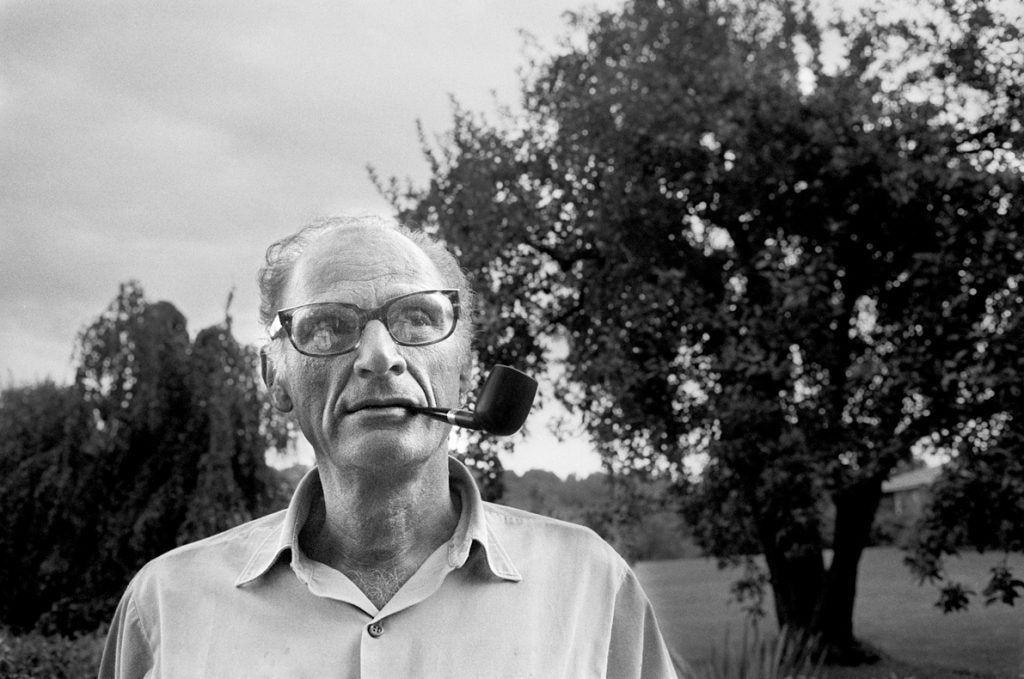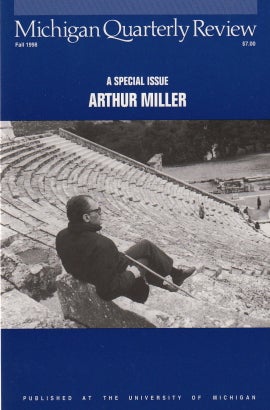From the Diary of Sally Hemings
“White waves—a bitter dream—my mother’s mother in the lower deck—wet and cold in the blue-black night.
Dahomey child, betrothed when she was young, before she knew of white men or the sea.
A thin veil of fog. Her family brings a farmer, a boy not yet a man, to marry with the business of the home. Each dawn she climbs the palm tree and touches wine with her hands. A feast prepared. The gods must have a hand in this! A young goat sacrificed, okra, oranges, a basket of yams laid at her feet. She stands with old friends in new finery, her buba and iro an odd-colored blue, hair in beads, piled to the sky, tapping the palm wine from the palm tree.
Kidnapped before the roast meat was cold, snatched away to America; she was a stranger to the sea. White waves in the blue-black sea. Now a voyage of a different sort. Maria won’t go unless I come along. White waves in the blue-black sea till we land in port.”
From the Diary of Sally Hemings Read More »
“White waves—a bitter dream—my mother’s mother in the lower deck—wet and cold in the blue-black night.
Dahomey child, betrothed when she was young, before she knew of white men or the sea.
A thin veil of fog. Her family brings a farmer, a boy not yet a man, to marry with the business of the home. Each dawn she climbs the palm tree and touches wine with her hands. A feast prepared. The gods must have a hand in this! A young goat sacrificed, okra, oranges, a basket of yams laid at her feet. She stands with old friends in new finery, her buba and iro an odd-colored blue, hair in beads, piled to the sky, tapping the palm wine from the palm tree.
Kidnapped before the roast meat was cold, snatched away to America; she was a stranger to the sea. White waves in the blue-black sea. Now a voyage of a different sort. Maria won’t go unless I come along. White waves in the blue-black sea till we land in port.”






